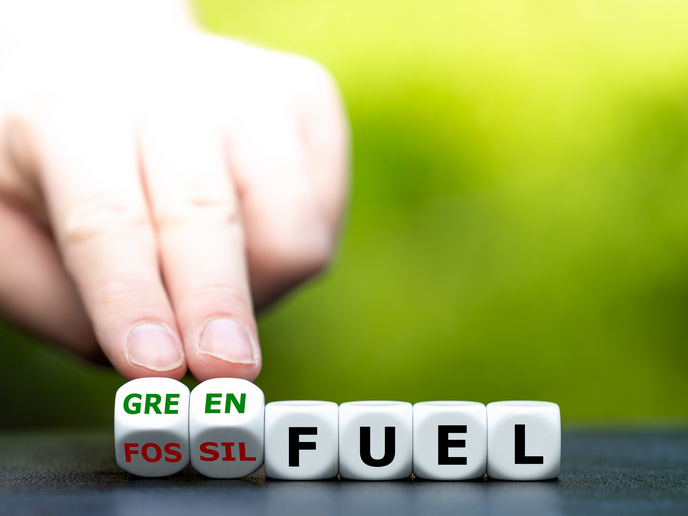World-first green jet fuel based on solar power
Current aviation fuel production relies on converting coal, gas or biomass to liquid fuel. However, these approaches are unsustainable or difficult to scale up to industrial levels. Synthesis gas, or syngas, is a new fuel intermediate that offers a more sustainable source of carbon for fuel production. The SOLAR-JET(opens in new window) (Solar chemical reactor demonstration and optimization for long-term availability of renewable jet fuel) project optimised a two-step thermochemical cycle based on ceria redox reactions to produce syngas from CO2 and water. The syngas was then converted into kerosene via the already available commercial Fischer-Tropsch technology. Incorporating results from the modelling of different geometries with coupled heat transfer and chemical reactions, SOLAR-JET's solar chemical reactor achieved an unprecedented 2.7 % solar-to-fuel energy conversion efficiency. Accompanying the experimental demonstration, a computational model was created that accurately describes the solar reactor behaviour. The model was found to fit actual experimental data obtained from the laboratory, thus providing a valuable tool for gaining further insight into the heat and mass transfer characteristics. It was also used to model larger-scale reactors of 50 kWth heat-supply capacity. Relying on abundant feedstock such as water, CO2 and sunlight, SOLAR-JET's technology should produce a high-grade precursor for petrochemical processing to refined products. Except for refined jet fuel, the technology could be used in producing sustainable substitutes for all petroleum-based products in future aircraft lightweight structures.







